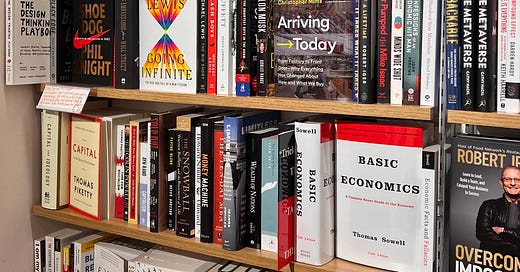You may have noticed that debrief has gotten a bit of a makeover! For the past few months, I’ve been working with Anja Korosec, an art director and graphic designer, to create a cohesive online brand identity. If you like minimalist, modern designs, check out her work! She is a joy to work with and a light of a human being.
It’s been a hot minute since I’ve rhapsodized about how much I hate certain people because I’m a Really Jealous Bitch (RJB). Which means it’s time for another installation of Green Monster Recommendations—recommendations generated not from my love, but from my jealousy. Seethe! (Read in the tone of Enjoy!)





